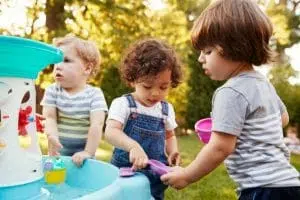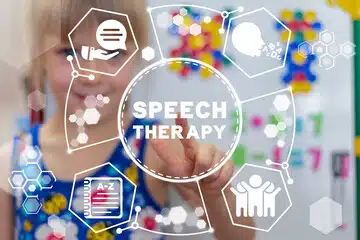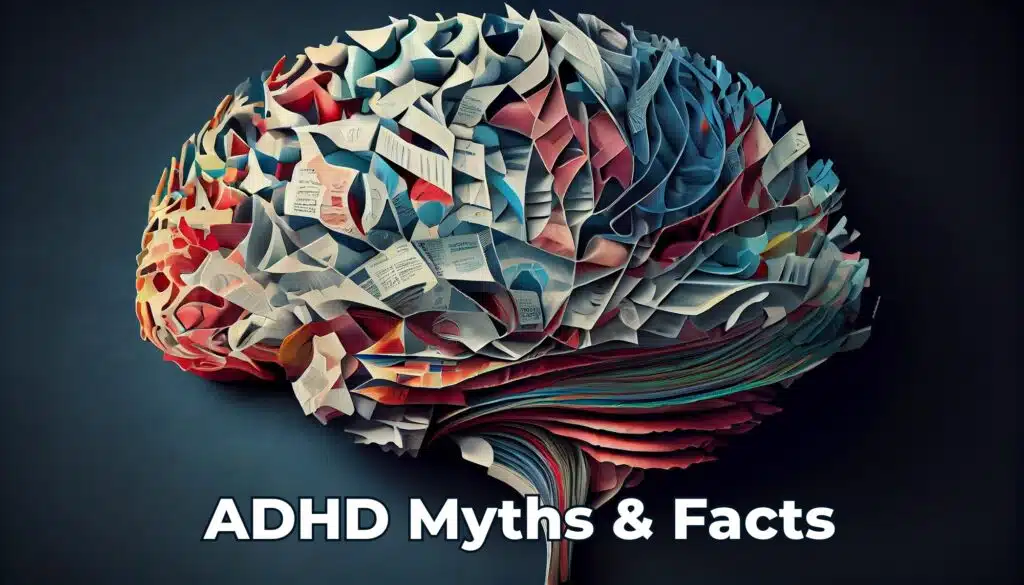Playtime is essential for you child’s learning, development and wellbeing. Unstructured, free play is a great way for three year old children to grow and build confidence. At that age, your child is beginning to test boundaries. Their memory is developing faster and their imagination will start soaring.
For three year olds, play time often involves testing and practicing skills and mimicking situations they see around them. Encouraging and facilitating quality play time for your three year old child helps them develop a variety of skills and helps them learn how to respect others and play fair.
Different Types of Play
Playing provides children with different sensory, physical and cognitive experiences. These experiences build connections in their brain, helping them develop physically, cognitively, socially and emotionally.
Play can be categorised in two different ways:
- Unstructured – Play that just happens depending on what captures a child’s interest at the time, letting them use their imagination. Examples include imaginative games alone or with others such as making cubby houses or exploring play spaces like parks and playgrounds.
- Structured – Play that is organised by an adult such as swimming lessons, dance classes, board games and modified forms of sport.
Unstructured, free play is the best type of play for young children around three years old. They may want to play alone, with you or with other kids depending on how they feel in each moment.
Ways to Encourage Your Child’s Learning
There are a variety of ways you can encourage learning during your child’s playtime, for example:
- Sing songs, listen to music and dance together
- Give them blocks and boxes for building things e.g. pretend houses and bridges
- Describe things they can see and hear in their environment e.g. big, small, green
- Encourage your child to use their imagination and develop the muscles in their hands by using crayons, paints or chalk
- Help them develop motor skills and understand concepts such as under and over by creating obstacle courses in the home e.g. going over pillows and under the chair
Give your child more experiences by going to different places such as parks, playgrounds and the beach. Create opportunities to play with other kids so they can learn to socialise.
Does Your Child Have Learning Difficulties?
If you’re child is not interested in playing, is not using many words or struggling to socialise, it may be a good idea to consult an educational therapist. Australia is home to a variety of experts that can help children with learning difficulties. At EDUCARE, we provide speech-language therapy for children to help them catch up with their peers in their speech and social skills.
Make a booking online or contact us for more information about our range of services including our adult and child psychologist services.



